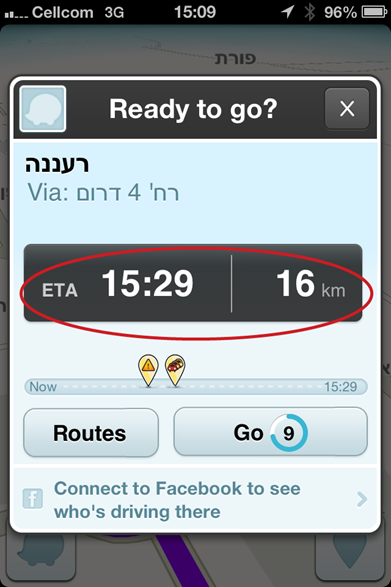CoachRetreat – There is such a thing!
Imagine you are in an important meeting with someone, say a frustrated team member, and as soon as the meeting is over you think to yourself: “DOH! That was not how I meant it to be. I wish I could do it all over again”. Sounds familiar?
Well, sometimes you can!
It is called a CoachRetreat, and it allows you to try out the same situation multiple times, in several coaching techniques.

If have been very fortunate to co-facilitate with Yves Hanoulle such an event at the end of January, the third of its kind and the first in Israel.
More about this event, and also where do you need to do to attend one later in this post. If this is what you’re after just scroll down to Upcoming Coach Retreats – I will not take any offense 😉
First – what is it?
The idea came about from Oana Juncu and Yves Hanoulle, and is derived from combining two ideas Code Retreat and Coaching Dojo.
What’s a Code Retreat? It is a day-long event, during which participants work in pairs to solve the same kata, a programming problem, in several techniques and constraints. The solution to the problem is known, so participants focus on learning and excelling their engineering skills, and having fun at that.
What’s a Coaching Dojo? It is a short session, during which participants work in a small team to solve a kata, a coaching situation, they choose. One person or more are the Seekers (e.g. person or team seeking a solution to their problem), one person or more are the coaches, and the rest are observers. At the end the debrief together. So it’s taking a normally frustrating situation, and practicing it in a fun environment and getting timely feedback from peers.
Add 1 to 1 and now you have a Coach Retreat: It is a day long event, during which participants choose a kata, a coaching situation, and practice it in small groups multiple times during the day in various techniques.
How does it work?
The day begins with a short introduction and check-in (“Sad, Mad, Glad, Afraid“)
The group then chooses a kata.
The group then repeats five times:
- Explain a technique in the large group
- Split to small groups
-
Repeat 4 times:
- Simulate the situation of the chosen kata in the learned technique
- Debrief
- Simulate the situation of the chosen kata in the learned technique
- Debrief in the large group
During the event participants are encouraged to contribute to a A-Ha wall – sharing and posting on it those insightful moments they have had during the day.

A-ha wall. Find more photos at http://www.flickr.com/photos/yveshanoulle/8437662905/in/set-72157632673041156
At the closing of the day there is a general debrief in a Circle of Questions.
The following coaching techniques were tried out during the event in Israel:
- Solution Focused (or Futurespective, or History of the Future, if you like)
- Yes And
- Appreciative Inquiry
- Pair Coaching
- Click Rewind
- Crucial Confrontations
You may read more about these techniques, including links to more details and proposals to additional ideas in the CoachRetreat website here.
At the recent event in Israel we managed to do more – something I personally feel very happy about: the Coach Retreat was sponsored and participated by three competing agile consulting organizations: Agile Sparks, Agile Planet, and our company Practical Agile. So participants could benefit from the knowledge and advise of six professional agile experts, working together in the same event. Following the success of this event, I hope to see more collaborations like this between us.
The CoachRetreat was great fun. I truly believe that fun at work is significant enough to mention it first – when we feel fun we work better and learn better. Certainly it helped this event become successful. During the day and afterwards I received feedback that the day is very meaningful for them – indicating that the format is generally good.
Sounds interesting? Do you feel you should attend one?

London on March 16th – http://skillsmatter.com/event/agile-scrum/coach-retreat. The event takes place at Skills Matter eXchange, and facilitated by Oana Juncu and Marcin Floryan.
Belgium on May 11th – http://www.co-learning.be/CoachRetreat/11052013. Exact location to be defined. The event will be faciliated by Yves Hanoulle.
If you are interested in organizing a Coach Retreat in your community, please do not hesitate to contact either:
Oana: @ojuncu
or Yves: @YvesHanoulle
or me: @kirschi_





